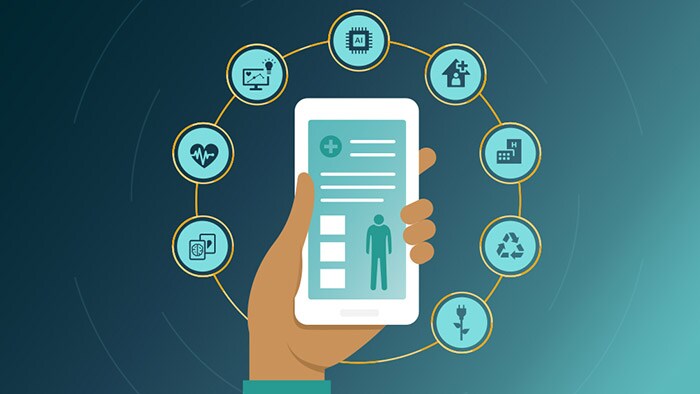In the fast-moving world of learning students need quick access to vast collections of knowledge. Traditional libraries have long served this purpose but e-libraries offer something more. They provide students with instant resources and flexibility to explore at their own pace. Dive into reading with Z lib — a library without boundaries where students can explore materials freely. As the demand for learning continues to grow, digital libraries are rapidly becoming the top choice for students.
The Benefits of E-Libraries for Students
Access to books and articles is key for success in studies. E-libraries allow students to search for specific texts easily, making research fast. Unlike physical libraries students can access books without needing to go anywhere. This means studying late at night or during a quick break becomes possible. It also reduces the hassle of finding a book that might already be checked out by someone else.
E-libraries offer a wide selection of materials that cater to various subjects. Students in need of specific topics will find books, journals and even multimedia content instantly available. This wealth of knowledge keeps students engaged and helps them stay ahead in their studies.
Study from Anywhere at Any Time
One of the main advantages of e-libraries is the ability to study from any location. For students juggling school and work this is crucial. Whether at home in a café or on public transport students can continue their learning journey. This flexibility enhances productivity and gives students more control over their time.
Many e-libraries are optimized for mobile devices allowing students to download and read materials on their phones or tablets. This means they can dive into their studies whenever they have free time making learning more seamless.
Free and Open Access to Resources
E-libraries provide access to free resources. While physical libraries may charge late fees or require students to pay for special materials, many digital libraries offer open access to a vast range of books and journals. This makes it easier for students to find the right materials without worrying about costs.
Online libraries also host global resources giving students access to materials that might not be available in their local area. Whether a student needs a research paper from another country or a rare book they can find it through e-libraries. This global reach empowers students to learn without limits.
Organized Efficient and User-Friendly
E-libraries come with well-organized databases and search tools. With easy navigation students can find what they need in seconds. Unlike traditional libraries where browsing takes time, students using e-libraries save valuable hours. The materials are often organized by categories, topics and subjects making it simple for students to dive right into their research.
For students working on projects or preparing for exams this is a major time-saver. E-libraries allow users to bookmark and highlight texts helping them keep track of important information. Students can organize their study sessions with ease.
Collaboration and Shared Learning
The digital world brings more opportunities for collaborative learning. E-libraries often feature tools that let students share resources with peers. This enhances group projects or discussions making e-libraries an ideal place for teamwork. Many platforms also offer forums or discussion boards where students can ask questions and engage in learning communities.
This connected learning experience helps students gain multiple perspectives and deepen their understanding of subjects. By sharing resources students not only save time but also build networks that support their academic growth.
Overcoming Limitations of Traditional Libraries
While physical libraries are valuable they come with limitations that e-libraries overcome. Traditional libraries have restricted hours, limited seating and a finite number of resources. During peak times students might struggle to find quiet study spaces or the materials they need. E-libraries remove these barriers by being accessible 24/7 and offering endless digital copies of books.
Moreover traditional libraries can sometimes have outdated or incomplete materials. E-libraries ensure that students have access to the latest publications and up-to-date information. This constant stream of new knowledge is vital for students looking to stay informed about the most recent developments in their field of study.
Preparing for the Future of Learning
As education evolves e-libraries will play a key role in shaping the future. Students need tools that adapt to their changing study habits and e-libraries are designed to meet those needs. With instant access to books, research papers and multimedia content e-libraries help students prepare for a world where knowledge is constantly expanding.
By embracing e-libraries students develop the skills needed to thrive in a digital environment. The ability to quickly find relevant information, organize resources and collaborate with others online is becoming more important than ever. These skills will benefit students not only in their academic lives but also in their future careers.
Editorial Staff of the TechnoRoll, are a bunch of Tech Writers, who are writing on the trending topics related to technology news and gadgets reviews.






